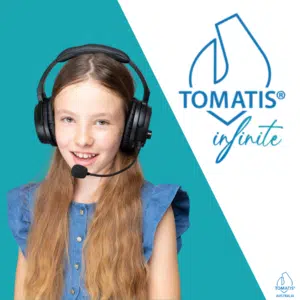Giving priority consideration to special needs children seems only common courtesy. However, it is not always so simple the more we try to apply this on a wider scale.
One recent example is in the debate to reopen schools as part of the changes in COVID quarantine restrictions. On the one hand, the risk of spreading the virus is still a major public health threat. But on the other, there exist at least certain types of students who must have their education needs met with real teachers and interpersonal instruction.
Special needs children are one of the first among them. Prior to the pandemic, many of these students had unique, specially designed Individual Education Plans (IEPs) that were far from compatible with the urgent need to implement remote learning structures.
Thus, it makes sense to have them be the first to benefit from any policy move that would send them back to school with their teachers. But of course, even that isn’t a completely benign option. It doesn’t eliminate the risk of spreading infection, and could even result in harm to the very students it was meant to help in these difficult times.
How can parents untangle complications like these and make the best decision for their special needs children? Here are three ways we can make this simpler:
#1. Always remember that unique needs always require unique solutions.
At this point, parents may very well be accustomed to how different life can be with neurodiverse kids. Sure, there are challenges brought about by the crisis that have never been encountered before.
However, the same could have also been said for all the other challenges that were previously encountered. Think back on the times like when you were working with educators to create an IEP that was actually effective, or when you decided to try unconventional teaching methods.
It can be very empowering to remember that your child is indeed a unique case and that unexpected change is the only real constant.
#2. Have a holistic view towards your child’s health.
Another thing that can help with perspective is to really understand both the physical and mental health needs of your child. One should never be prioritised to the detriment of the other. If a child’s condition may also make them susceptible to viral infection (such as in the case of Down Syndrome), then they should understand that stay-at-home measures are critical to their safety.
Yet at the same time, one should also be compassionate about how lonely all the distancing and home isolation is making them feel. Parents should also put just as much effort to bond with their kids and be an emotionally supportive and encouraging presence.
It is in times like these that a family cannot afford to make too hasty or drastic decisions. Make sure you have a more holistic view of your child’s needs and don’t settle for anything less.
#3. Put emotional resilience into practice.
Finally, one must never underestimate the importance of emotional resilience during moments of difficulty. Being mindful and calm will not only have a positive impact on your own well-being, but it will impress itself upon your children as well (even those with special needs).
One thing to remember about family is that parents have always been the earliest signs of security and safety. If children, particularly special needs children, begin losing that sense, then that is when things become more difficult.
It also makes it difficult to come up with solutions and handle information you are taking in to make important decisions (such as how to continue your child’s education). Keep practicing emotional resilience, and you will have both a clearer and stronger mind.
Overall, you can expect that putting your kids first will not always mean doing what every other family is doing. However, what is important is that your decision is based on a mindful, holistic understanding of what your kids need most.
If you need any advice or support, then know that we at the Australian Tomatis Method are still here to help you. Please reach out if you need to, either by email at info@tomatis.com.au or by phone to Francoise at 0414 444 915.



